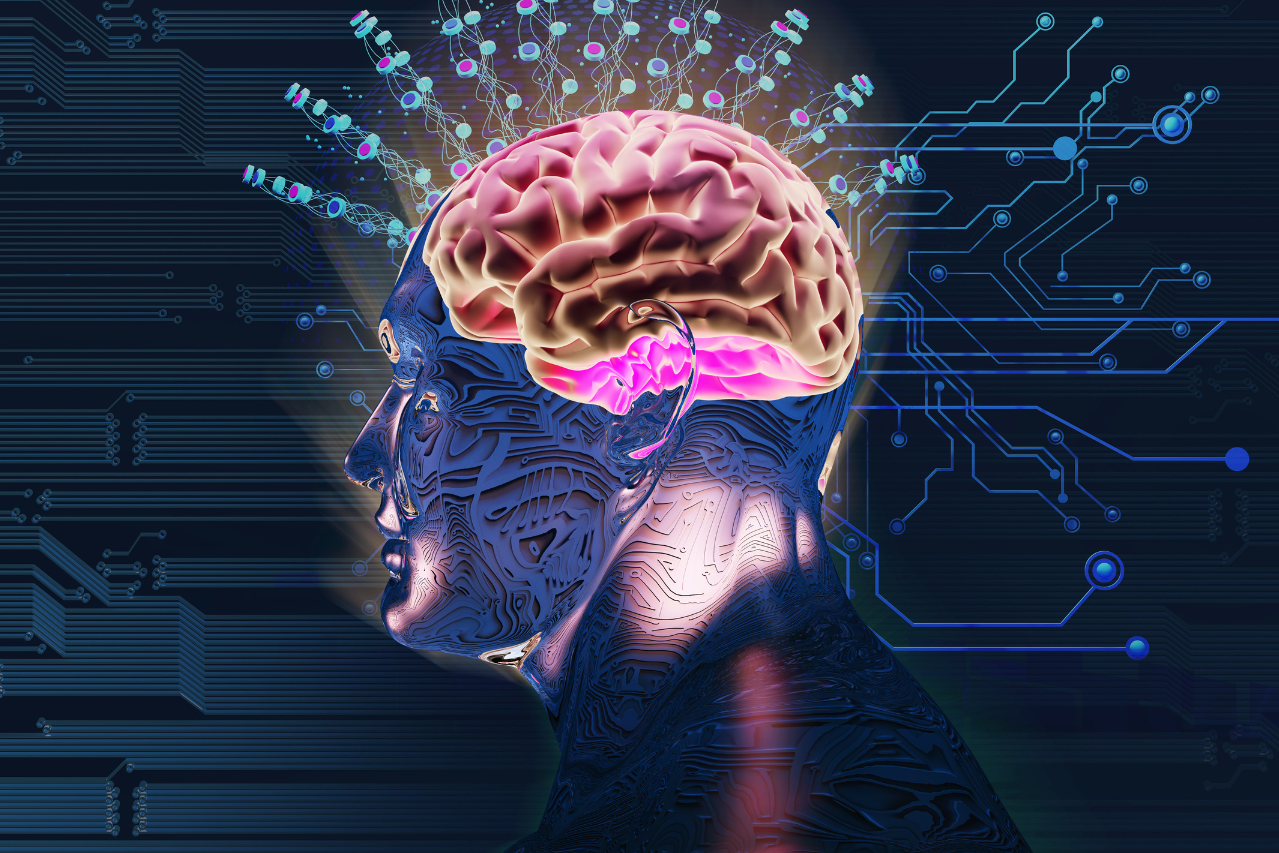As artificial intelligence (AI) continues to evolve, it is increasingly being integrated into the behavioral health field, assisting clinicians in diagnosing and treating patients. The potential of AI to enhance access to care for the growing number of individuals seeking mental health services has garnered interest from researchers, payers, and investors alike.
Applying AI in Therapy
A notable example of AI’s application in therapy is the eXtended-Reality Artificially Intelligent Ally (XAIA) program at Cedars-Sinai Medical Center in Los Angeles. This pioneering initiative combines virtual reality with generative AI to provide mental health support. Users engage in immersive therapy sessions guided by a digital avatar designed to resemble a trained therapist.
XAIA was developed to offer patients a self-administered, AI-driven conversational therapy experience within soothing virtual environments, such as a serene meadow or a sunny beach. These settings encourage relaxation and allow patients to engage in deep-breathing exercises and meditation. The program utilizes a large language model (LLM) that has been programmed to reflect human therapeutic interactions.
To create the LLM, expert mock therapy sessions were conducted and transcribed, allowing researchers to analyze how a trained psychologist should engage with patients. From these sessions, recurring patterns and exchanges were identified and encoded into XAIA, establishing over 70 best practices for effective mental health therapy.
A report published in January in the journal Nature highlighted that participants accepted this AI-driven technology, identifying it as a safe form of psychotherapy that merits further investigation.
AI for Early Intervention in Youth Mental Health
At Cincinnati Children’s Hospital, researchers at the Decoding Mental Health Center are collaborating with institutions like the University of Cincinnati and the University of Colorado to leverage AI in assessing the risks of anxiety, depression, and suicide in children and adolescents. Their focus is on developing tools that utilize routinely collected medical information, employing AI and natural language processing (NLP) to analyze data and identify at-risk youth for early intervention and care.
This research includes software capable of learning from unstructured data, such as written or spoken words, to pinpoint critical features within health records and other data sources.
AI-Powered Assessment and Triage
In the United Kingdom, the startup Limbic is making strides with its AI-powered psychological assessment and triage tools, which have been implemented in large clinical settings within the National Health Service (NHS). The company reports a 45% reduction in treatment changes due to improved triage accuracy.
Limbic’s e-triage tool claims a remarkable 93% accuracy in diagnosing the eight most common mental health disorders, including depression, anxiety, and post-traumatic stress disorder. Additionally, Limbic Access enhances clinician assessments, reducing referral processing time by 12.7 minutes and shortening wait times for screening and treatment. The company aims to expand its services in the U.S.
Supporting Overstretched Clinicians
Another example is Eleos Health, a Boston-based behavioral health startup that harnesses AI, voice analysis, and NLP to enhance patient outcomes and streamline workflow efficiency. Eleos is collaborating with the National Council for Mental Wellbeing to provide clinicians with greater access to AI education, research, and provider-focused tools.
Utilized by behavioral health organizations in 29 states, Eleos’ clinically validated technology has demonstrated the ability to reduce documentation time for providers by over 50%, double client engagement, and significantly improve care outcomes.
The integration of AI into the behavioral health field is revolutionizing how clinicians diagnose and treat mental health conditions. From innovative programs like XAIA to predictive tools used in youth mental health assessments, AI holds the potential to enhance access to care and improve outcomes for patients. As these technologies continue to develop, it is essential to ensure they are implemented ethically and responsibly, prioritizing patient safety and confidentiality.




